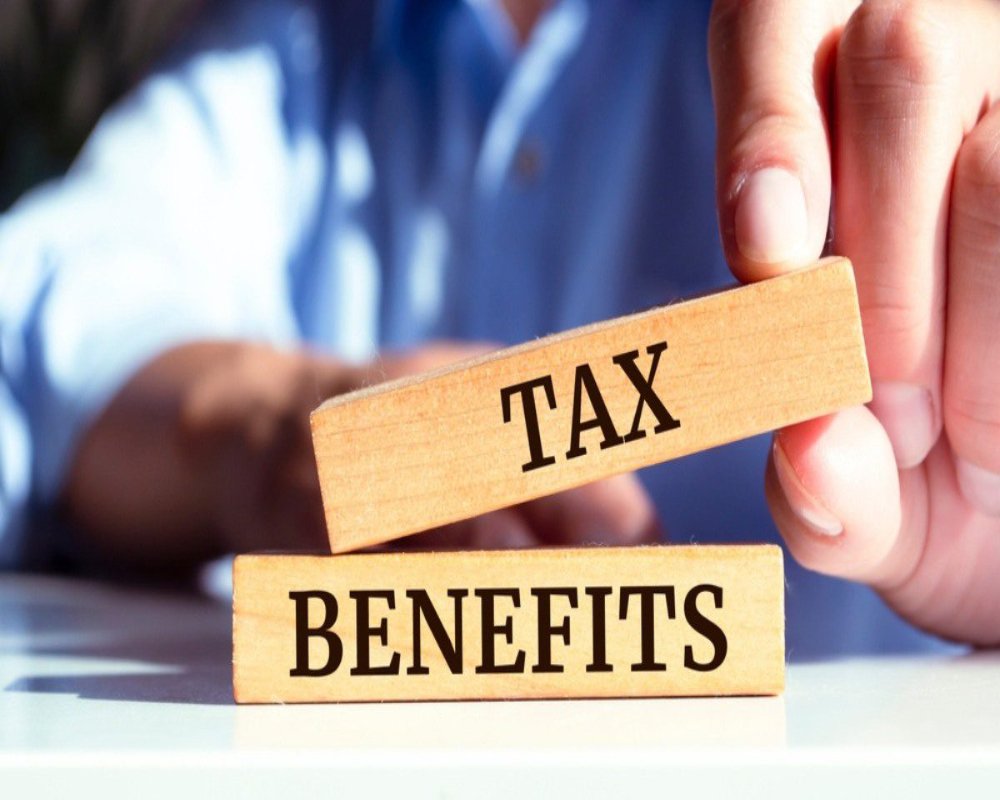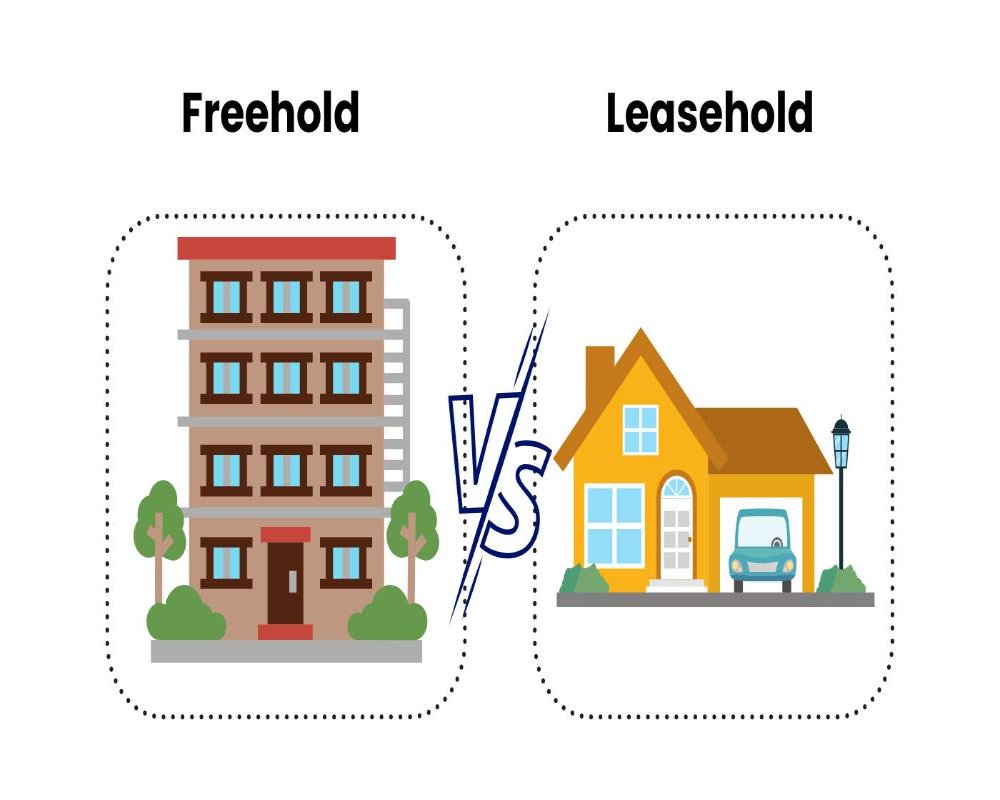Introduction Ground lease transactions, where a landowner leases land to a tenant for long-term use while retaining ownership, offer multiple tax benefits that enhance the financial efficiency of the arrangement for both parties. These leases, commonly structured for 30 to 99 years, generate consistent income for the landowner and enable tenants to build and operate commercial facilities without...
Investment
Introduction In real estate, land leasehold and freehold represent two fundamentally different investment approaches, especially in commercial property development and ownership. A leasehold investment grants the investor rights to use and develop a property for a specific period under a lease agreement, whereas a freehold investment grants outright and perpetual ownership of the land and any...
Introduction Triple net lease (NNN) ground lease is a hybrid leasing model that merges the benefits of long-term ground leasing with the clarity and financial structure of a triple net lease. In this arrangement, the tenant leases land from the landowner, constructs and operates improvements on it, and assumes responsibility for all ongoing property expenses—including taxes, insurance, and...
Introduction Rent escalation in long-term land leases is a contractual mechanism that allows the landowner to increase the rent periodically over the duration of the lease. Since long-term land leases often span decades—commonly 30 to 99 years—escalation clauses are essential to protect the landowner’s income from inflation, rising property values, and market shifts. Escalation ensures the rental...
Introduction Negotiating a ground lease contract is a structured process that balances the long-term interests of both the landowner and the tenant. Ground leases typically span 30 to 99 years, allowing the tenant to develop commercial or institutional property while the landowner retains ownership and earns steady rental income. Given the duration and financial implications, careful negotiation is...
Introduction Landowner rights in lease agreements form the legal and operational foundation for controlling, benefiting from, and protecting their land while allowing its use by a tenant for a specified period. In commercial lease structures—especially long-term ground leases—these rights ensure the landowner retains ownership, earns income, and enforces compliance with agreed terms. Clearly...
Introduction The legal framework for land lease investment serves as the foundation for structuring, managing, and enforcing long-term lease agreements between landowners and tenants. In this model, a landowner leases out land—typically for commercial or industrial use—for a fixed period, allowing the tenant to develop and use the property while the landowner retains legal ownership. To protect the...
Introduction When landowners consider monetizing their commercial land assets, two primary strategies emerge—ground lease and outright sale. Each approach offers distinct financial outcomes and long-term implications. A ground lease generates ongoing rental income while preserving ownership, whereas an outright sale provides a one-time capital lump sum with no future control. Comparing the returns...
Introduction The structure of long-term commercial land leases is designed to provide a clear, secure, and mutually beneficial framework between a landowner and a tenant (usually a developer or operator) over an extended period—often ranging from 30 to 99 years. Unlike short-term leases, long-term ground leases are structured to support substantial development by the tenant while ensuring the...
Introduction In commercial ground lease models, investors play pivotal roles in financing, structuring, managing, and monetizing land-based assets. These models involve long-term leasing of land—typically for 30 to 99 years—where the investor may act as the landowner, developer, or a third-party funder, depending on the transaction structure. The objective is to create stable, predictable income...










